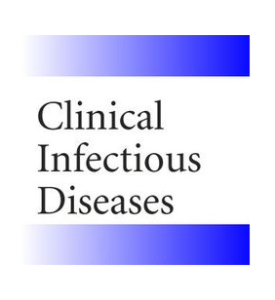 “Endocannabinoid synthesis in the human body is naturally occurring and on-demand.
“Endocannabinoid synthesis in the human body is naturally occurring and on-demand.
It occurs in response to physiological and environmental stimuli, such as stress, anxiety, hunger, other factors negatively disrupting homeostasis, as well as the therapeutic use of the phytocannabinoid cannabidiol and recreational use of exogenous cannabis.
Together with their specific receptors CB1R and CB2R, endocannabinoids are major components of endocannabinoid-mediated neuromodulation in a rapid and sustained manner. Extensive research on endocannabinoid function and expression includes studies in limbic system structures such as the hippocampus and amygdala.
The wide distribution of endocannabinoids, their on-demand synthesis at widely different sites, their co-existence in specific regions of the body, their quantitative differences in tissue type, and different pathological conditions indicate their diverse biological functions that utilize specific and overlapping pathways in multiple organ systems.
Here, we review emerging evidence of these pathways with a special emphasis on the role of endocannabinoids in decelerating neurodegenerative pathology through neural networks initiated by cells in the main olfactory bulb.”

 “The societal burden of ischemic stroke suggests a need for additional therapeutic categories in stroke prevention.
“The societal burden of ischemic stroke suggests a need for additional therapeutic categories in stroke prevention.
 “Post-traumatic stress disorder (PTSD) is a complex disorder that involves dysregulation of multiple neurobiological systems. The traumatic stressor plays a causal role in producing psychological dysfunction and the pattern of findings suggests that the hypothalamic-pituitary-adrenal (HPA) axis, which is instrumental for stress adaptation, is critically dysfunctional in PTSD. Given the lack of understanding of the basic mechanisms and underlying pathways that cause the disorder and its heterogeneity, PTSD poses challenges for treatment.
“Post-traumatic stress disorder (PTSD) is a complex disorder that involves dysregulation of multiple neurobiological systems. The traumatic stressor plays a causal role in producing psychological dysfunction and the pattern of findings suggests that the hypothalamic-pituitary-adrenal (HPA) axis, which is instrumental for stress adaptation, is critically dysfunctional in PTSD. Given the lack of understanding of the basic mechanisms and underlying pathways that cause the disorder and its heterogeneity, PTSD poses challenges for treatment. “People with spinal cord injuries (SCI) commonly experience pain and spasticity, but limitations of current treatments have generated interest in
“People with spinal cord injuries (SCI) commonly experience pain and spasticity, but limitations of current treatments have generated interest in  “HIV infection leads to blood-brain barrier (BBB) dysfunction that does not resolve despite viral suppression on antiretroviral therapy and is associated with adverse clinical outcomes.
“HIV infection leads to blood-brain barrier (BBB) dysfunction that does not resolve despite viral suppression on antiretroviral therapy and is associated with adverse clinical outcomes. “The recent announcement of marijuana legalization in Canada spiked many discussions about potential health benefits of Cannabis sativa.
“The recent announcement of marijuana legalization in Canada spiked many discussions about potential health benefits of Cannabis sativa.  “Medicinal use of
“Medicinal use of